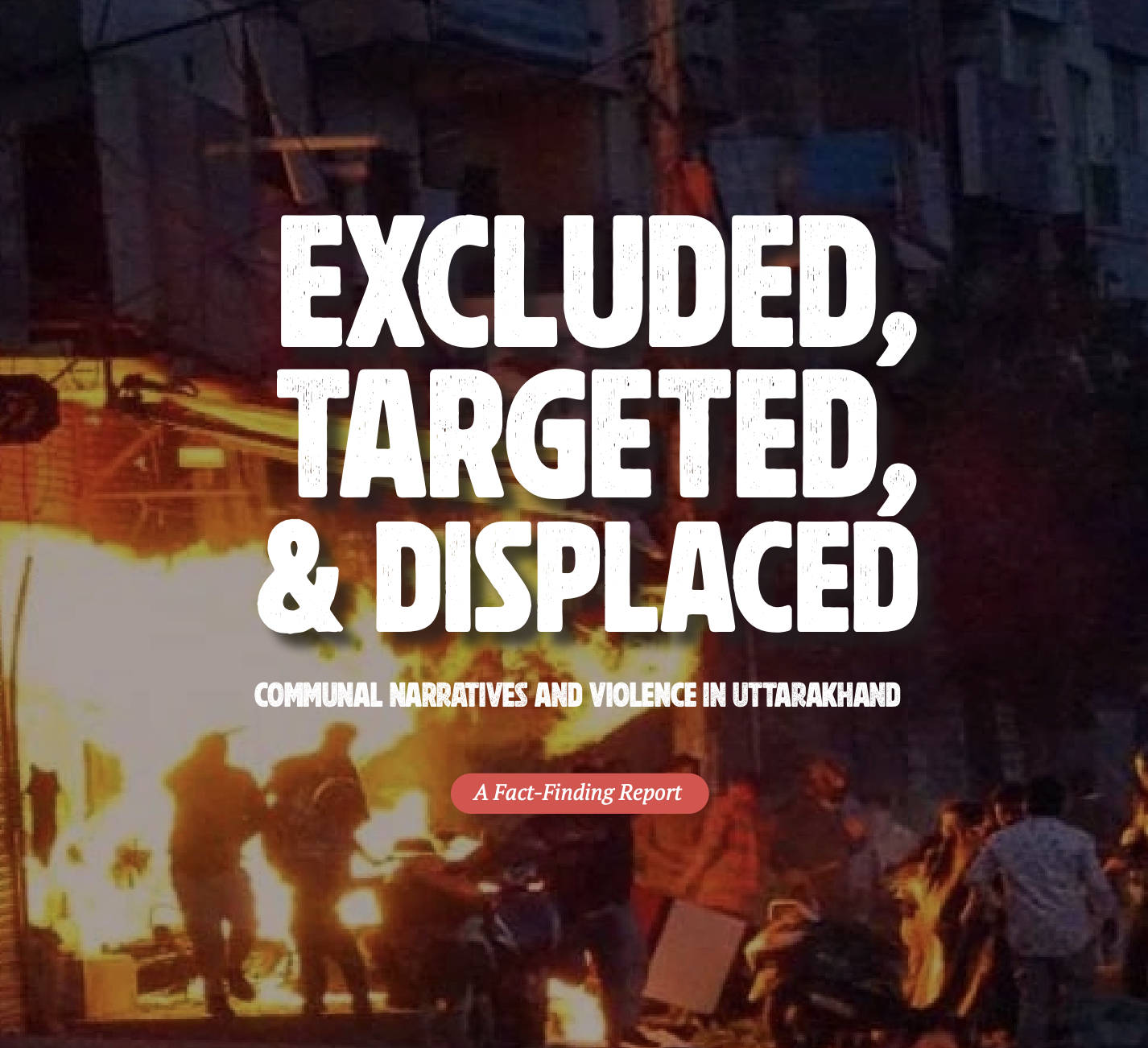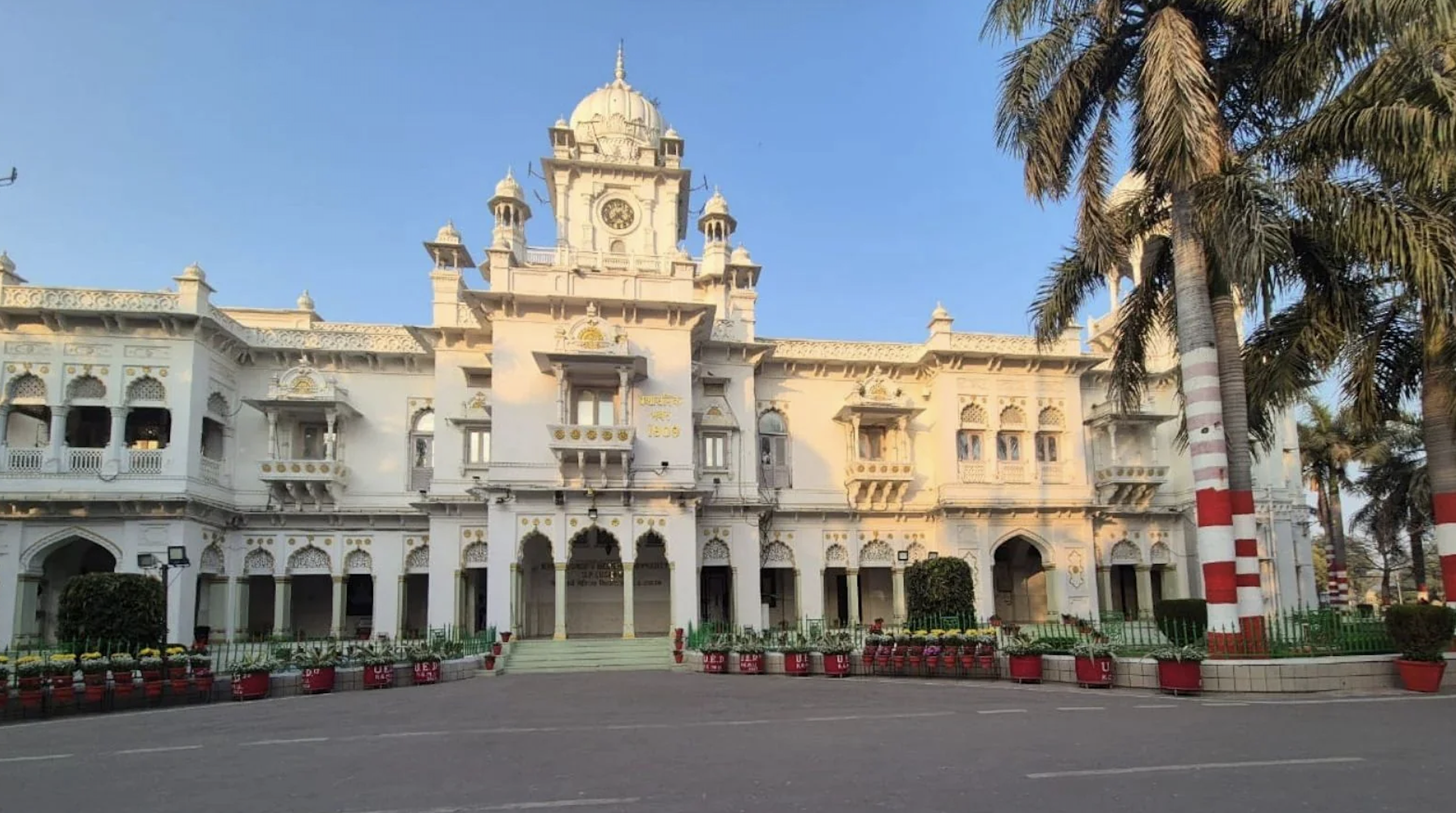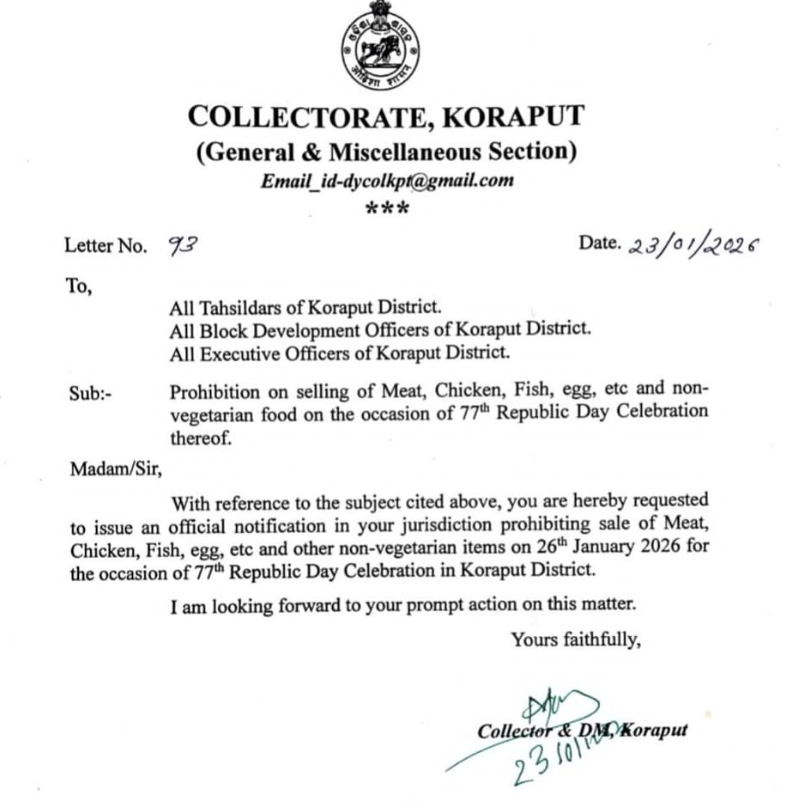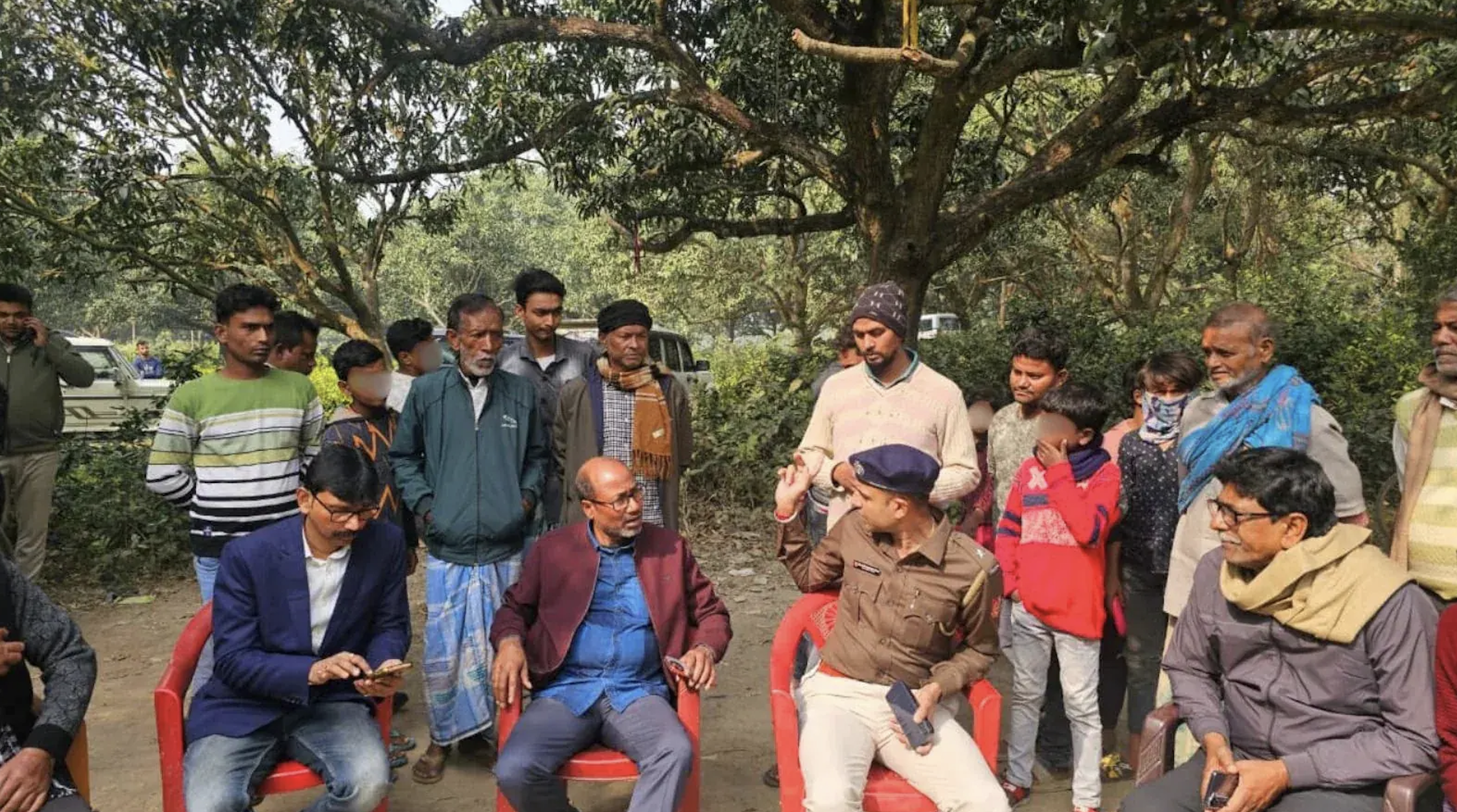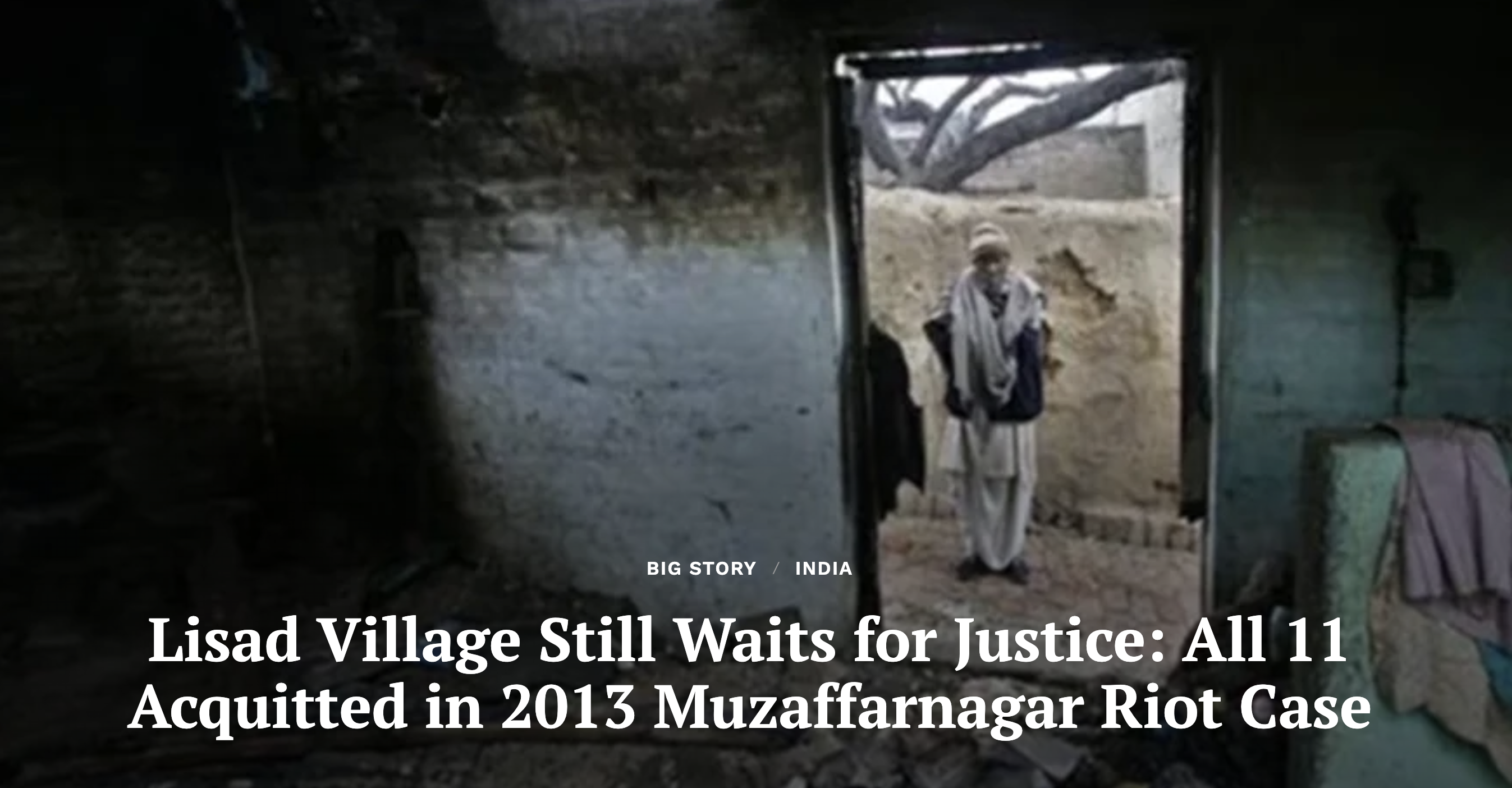
NEW DELHI/ MUZAFFARNAGAR — In a verdict that has reopened wounds for many victims of the 2013 Muzaffarnagar riots, a fast track court on Thursday acquitted 11 men accused of looting, vandalising, and setting fire to Muslim homes in Lisad village. The court said there was a “lack of evidence” to hold them guilty.
The 2013 riots, which started in Kawal village and quickly spread to nearby areas, left more than 60 people dead and displaced thousands of Muslim families. Many survivors, mostly Muslims, have since been living in relief camps or migrated to other areas out of fear.
On May 9, Judge Neha Garg of the Fast Track Court in Muzaffarnagar acquitted the accused, citing the prosecution’s failure to present proper evidence and reliable witnesses. The judgment has triggered anger and despair among survivors, who believe that justice has not been served.
The 11 accused — Manveer, Subhash, Pippan, Narendra, Pramod, Vinod, Ram Kumar Sharma, Vijay Sharma, Ram Kishan, Rajendra, and Mohit — all residents of Lisad village under the jurisdiction of Fogana police station, were charged with rioting, arson and looting of Muslim homes in the village.
Plaintiff Zia-ul-Haq had filed an FIR at the Fogana police station naming these 11 men for allegedly leading a mob that looted and set fire to his home and several others in the village.
However, the prosecution, led by officer Narendra Sharma, failed to produce sufficient material in court. “Due to the lack of credible evidence and absence of reliable eyewitnesses, the court had no choice but to acquit the accused,” said defence lawyer Yogendra Sharma while speaking to reporters.
For survivors, however, the acquittal is another painful blow. Many say they have lost trust in the legal system. “Our homes were set on fire, everything was looted, our children were hungry. We gave names to the police. And now the court says there is no evidence?” asked 55-year-old Mohammad Shakir, whose house was destroyed in the riots.
Shakir, who now lives in a rented room in a nearby village, said many Muslim families left Lisad and never returned. “We live like refugees in our own country,” he said, his voice trembling.
Zia-ul-Haq, the main complainant, declined to speak in detail but told this reporter, “You saw what happened — the accused are free, but we are still prisoners of fear.”
This story was originally published in clarionindia.net. Read the full story here.



